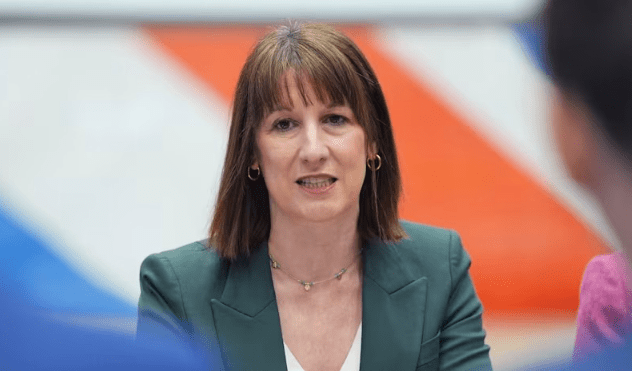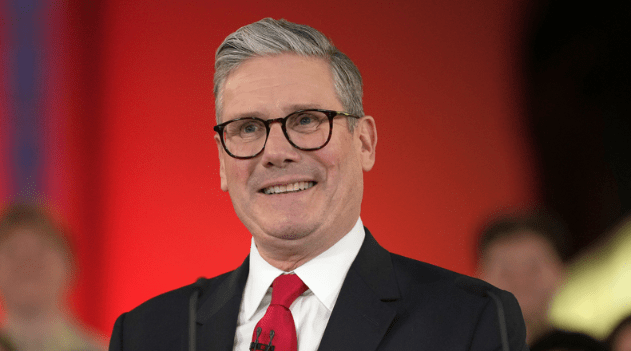Sir Keir Starmer has publicly rebuked Chancellor Rachel Reeves after she suggested that trade ties with the European Union are more important than those with the United States.
The chancellor’s remarks, made during a BBC interview, came at a sensitive time as she headed to Washington DC for talks with US Treasury Secretary Scott Bessent, hoping to advance discussions on a potential UK-US trade agreement.
Starmer, however, was quick to insist that choosing between the US and the EU is “a false choice”, reinforcing his ongoing strategy of resetting the Brexit deal while simultaneously forging closer ties with Donald Trump’s administration.
Reeves Highlights Europe’s Importance
Speaking to the BBC, Ms Reeves stated: “I understand why there’s so much focus on our trading relationship with the US but actually, our trading relationship with Europe is arguably even more important, because they’re our nearest neighbours and trading partners.
“Obviously, I’ve been meeting Scott Bessent this week whilst I’m in Washington, but I’ve also this week met the French, the German, the Spanish, the Polish, the Swedish, the Finnish finance ministers – because it is so important that we rebuild those trading relationships with our nearest neighbours in Europe, and we’re going to do that in a way that is good for British jobs and British consumers.”
Her comments appeared to expose the government’s true priority – something that Starmer swiftly moved to correct.
The prime minister reaffirmed that the United States remains “incredibly important” to the UK’s future. His spokesperson later added, “Both are incredibly important to us,” firmly rejecting any notion that the UK must pick sides, despite mounting pressure from Trump allies to favour the US.
For a detailed look at how Rachel Reeves is prioritising UK-EU trade relations, see our full coverage here.

Fragile Unity as Trade Pressures Mount
The timing of this disagreement could hardly be worse. The UK is set to host an EU summit on 19 May, aimed at mending post-Brexit relations. Meanwhile, tensions within the government are rising, with ministers split over whether to back a youth mobility scheme with the EU.
At the centre of the Washington talks is a push to ease tariffs imposed by President Trump earlier this month. The harsh measures slapped 10% tariffs on all UK exports to the US, and a 25% levy on cars, steel, and aluminium, rattling financial markets globally.
Ms Reeves remains hopeful. She claims there’s a “deal to be done” with Washington but has refused to budge on several sticking points. She has ruled out lowering UK food standards or altering online safety laws – both key demands from the US side.
What Could a Deal Look Like?
A possible compromise could involve mutual reductions in automotive tariffs. Asked about this, Ms Reeves didn’t rule anything out.
She also noted that she had been collaborating closely with European and Canadian counterparts to eliminate lingering trade barriers. But negotiations at recent G20 meetings have been far from smooth.
“Obviously, there are strains. We are all following what’s happening in our domestic bond markets, in our equity markets, and we all know that that uncertainty is bad for investment in the UK economy,” Ms Reeves added.
As Britain navigates a tricky crossroads between two powerful trading blocs, unity at the top is crucial. With critical negotiations underway in Washington and a vital EU summit looming, the pressure is mounting for Starmer’s government to show a united front.
Success in these talks could redefine the UK’s economic landscape – but any sign of division could be costly.






